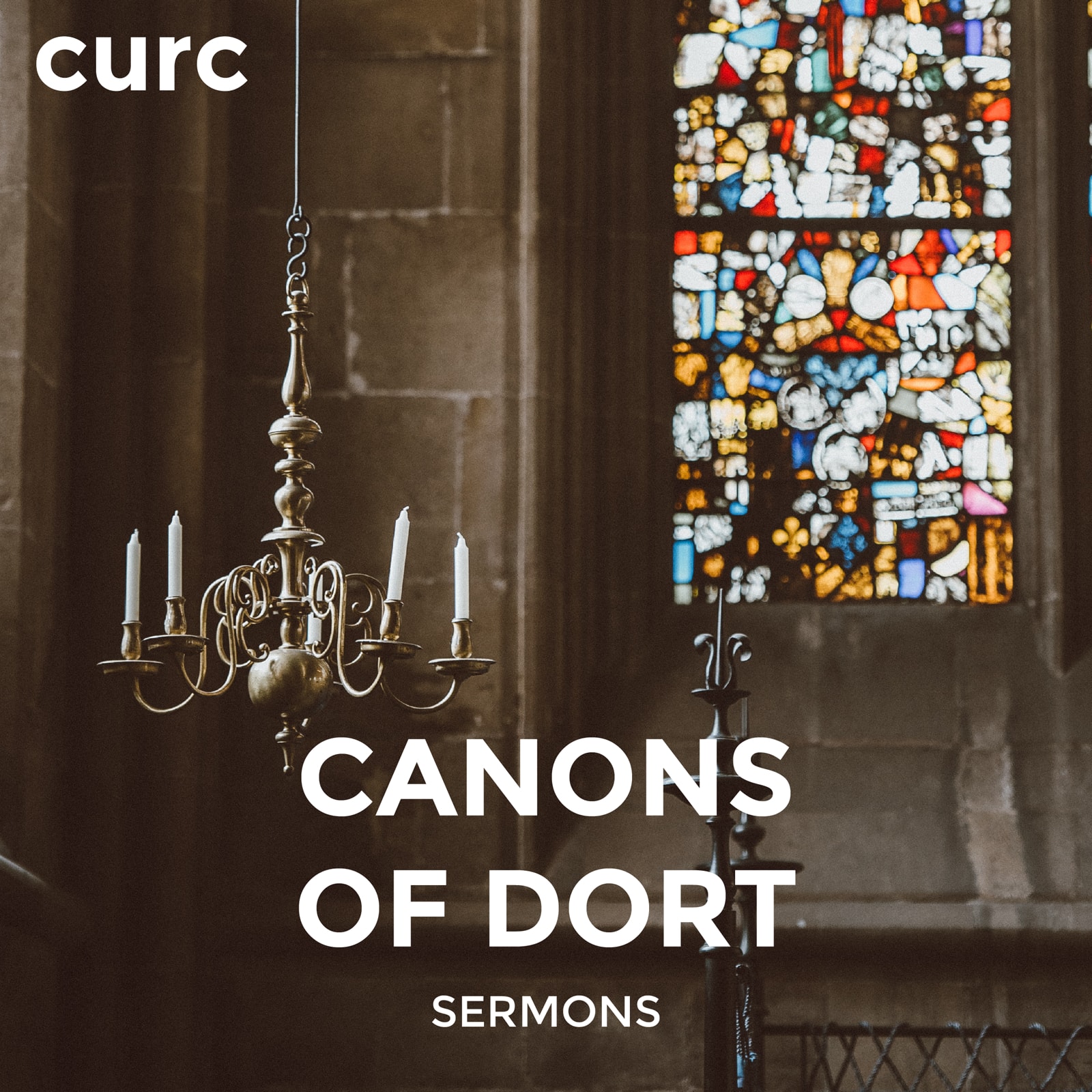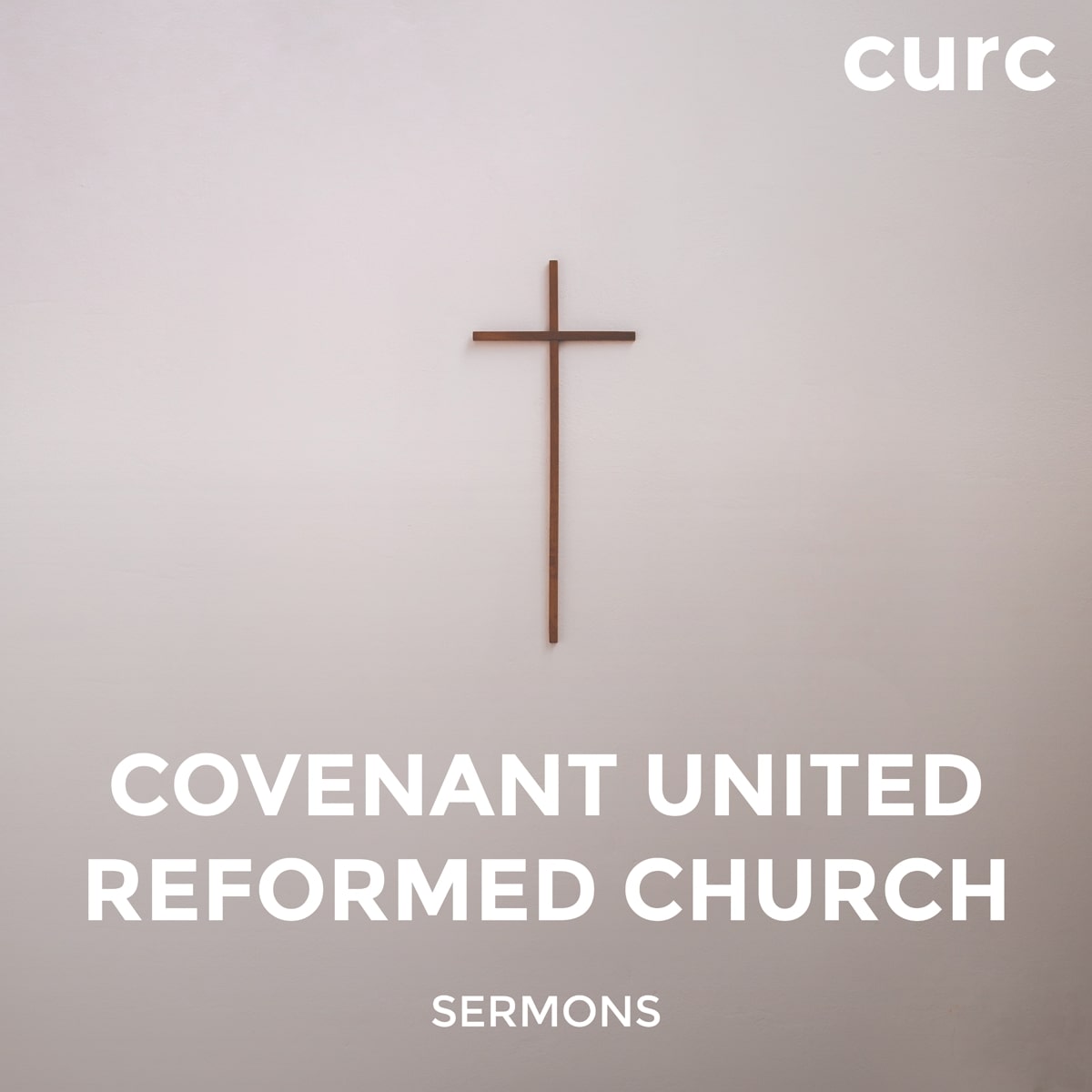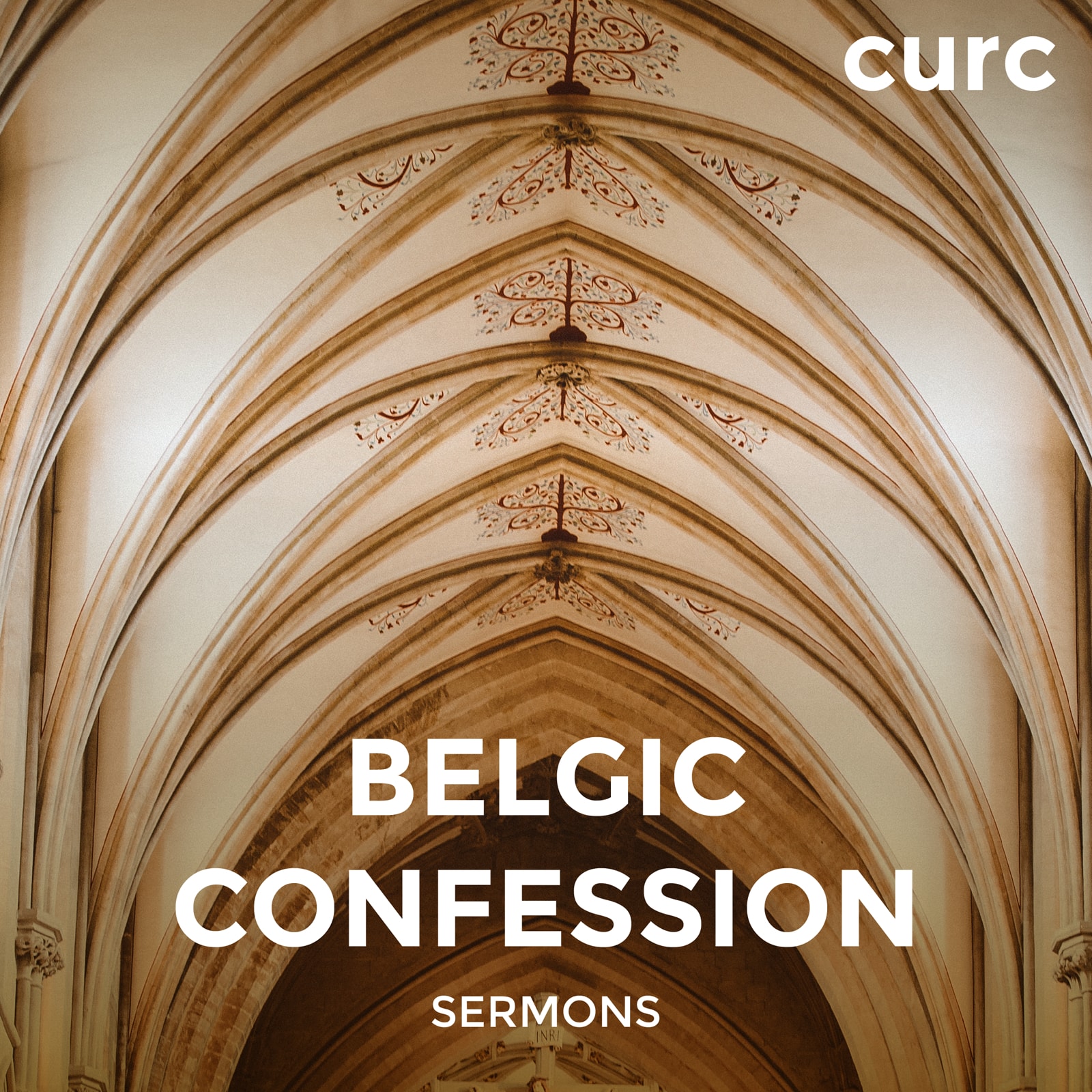Podcast: Play in new window | Download
Subscribe: RSS
Conclusion to the Canons
Confession: Canons of Dort, Rejection of False Accusations
Scripture: John 3:19-20, Romans 11:6, Ephesians 5:25-27, 1 Corinthians 2:9-12, Philippians 1:6
Preacher: Rev. David Inks
Sermon Outline:
- Introduction
- The 5 Heads/Points
- The 4 False Accusations
- 5 Practical Applications of the Canons
- Conclusion
Sermon Video:
Canons of Dort:
Rejection of False Accusations
And so this is the clear, simple, and straightforward explanation of the orthodox teaching on the five articles in dispute in the Netherlands, as well as the rejection of the errors by which the Dutch churches have for some time been disturbed. This explanation and rejection the Synod declares to be derived from God’s Word and in agreement with the confessions of the Reformed churches. Hence it clearly appears that those of whom one could hardly expect it have shown no truth, equity, and charity at all in wishing to make the public believe:
- that the teaching of the Reformed churches on predestination and on the points associated with it by its very nature and tendency draws the minds of people away from all godliness and religion, is an opiate of the flesh and the devil, and is a stronghold of Satan where he lies in wait for all people, wounds most of them, and fatally pierces many of them with the arrows of both despair and self-assurance;
- that this teaching makes God the author of sin, unjust, a tyrant, and a hypocrite; and is nothing but a refurbished Stoicism, Manicheism, Libertinism, and Mohammedanism;
- that this teaching makes people carnally self-assured, since it persuades them that nothing endangers the salvation of the chosen, no matter how they live, so that they may commit the most outrageous crimes with self-assurance; and that on the other hand nothing is of use to the reprobate for salvation even if they have truly performed all the works of the saints;
- that this teaching means that God predestined and created, by the bare and unqualified choice of his will, without the least regard or consideration of any sin, the greatest part of the world to eternal condemnation; that in the same manner in which election is the source and cause of faith and good works, reprobation is the cause of unbelief and ungodliness; that many infant children of believers are snatched in their innocence from their mothers’ breasts and cruelly cast into hell so that neither the blood of Christ nor their baptism nor the prayers of the church at their baptism can be of any use to them; and very many other slanderous accusations of this kind which the Reformed churches not only disavow but even denounce with their whole heart.
Therefore this Synod of Dort in the name of the Lord pleads with all who devoutly call on the name of our Savior Jesus Christ to form their judgment about the faith of the Reformed churches, not on the basis of false accusations gathered from here or there, or even on the basis of the personal statements of a number of ancient and modern authorities—statements which are also often either quoted out of context or misquoted and twisted to convey a different meaning—but on the basis of the churches’ own official confessions and of the present explanation of the orthodox teaching which has been endorsed by the unanimous consent of the members of the whole Synod, one and all.
Moreover, the Synod earnestly warns the false accusers themselves to consider how heavy a judgment of God awaits those who give false testimony against so many churches and their confessions, trouble the consciences of the weak, and seek to prejudice the minds of many against the fellowship of true believers.
Finally, this Synod urges all fellow ministers in the gospel of Christ to deal with this teaching in a godly and reverent manner, in the academic institutions as well as in the churches; to do so, both in their speaking and writing, with a view to the glory of God’s name, holiness of life, and the comfort of anxious souls; to think and also speak with Scripture according to the analogy of faith; and, finally, to refrain from all those ways of speaking which go beyond the bounds set for us by the genuine sense of the Holy Scriptures and which could give impertinent sophists a just occasion to scoff at the teaching of the Reformed churches or even to bring false accusations against it.
May God’s Son Jesus Christ, who sits at the right hand of God and gives gifts to men, sanctify us in the truth, lead to the truth those who err, silence the mouths of those who lay false accusations against sound teaching, and equip faithful ministers of his Word with a spirit of wisdom and discretion, that all they say may be to the glory of God and the building up of their hearers. Amen.
Scripture Reading:
John 3:19-20 (King James Version)
19 And this is the condemnation, that light is come into the world, and men loved darkness rather than light, because their deeds were evil. 20 For every one that doeth evil hateth the light, neither cometh to the light, lest his deeds should be reproved.
Romans 11:6 (King James Version)
6 And if by grace, then is it no more of works: otherwise grace is no more grace. But if it be of works, then it is no more grace: otherwise work is no more work.
Ephesians 5:25-27 (King James Version)
25 Husbands, love your wives, even as Christ also loved the church, and gave himself for it; 26 That he might sanctify and cleanse it with the washing of water by the word, 27 That he might present it to himself a glorious church, not having spot, or wrinkle, or any such thing; but that it should be holy and without blemish.
1 Corinthians 2:9-12 (King James Version)
9 But as it is written, Eye hath not seen, nor ear heard, neither have entered into the heart of man, the things which God hath prepared for them that love him. 10 But God hath revealed them unto us by his Spirit: for the Spirit searcheth all things, yea, the deep things of God. 11 For what man knoweth the things of a man, save the spirit of man which is in him? even so the things of God knoweth no man, but the Spirit of God. 12 Now we have received, not the spirit of the world, but the spirit which is of God; that we might know the things that are freely given to us of God.
Philippians 1:6 (King James Version)
6 Being confident of this very thing, that he which hath begun a good work in you will perform it until the day of Jesus Christ:
Find Us On:
Web Site – www.fresnourc.com
Facebook – www.facebook.com/fresnourc
YouTube – www.youtube.com/user/fresnocurc
iTunes – itunes.apple.com/us/podcast/covenant-urcs/id373736493?mt=2


